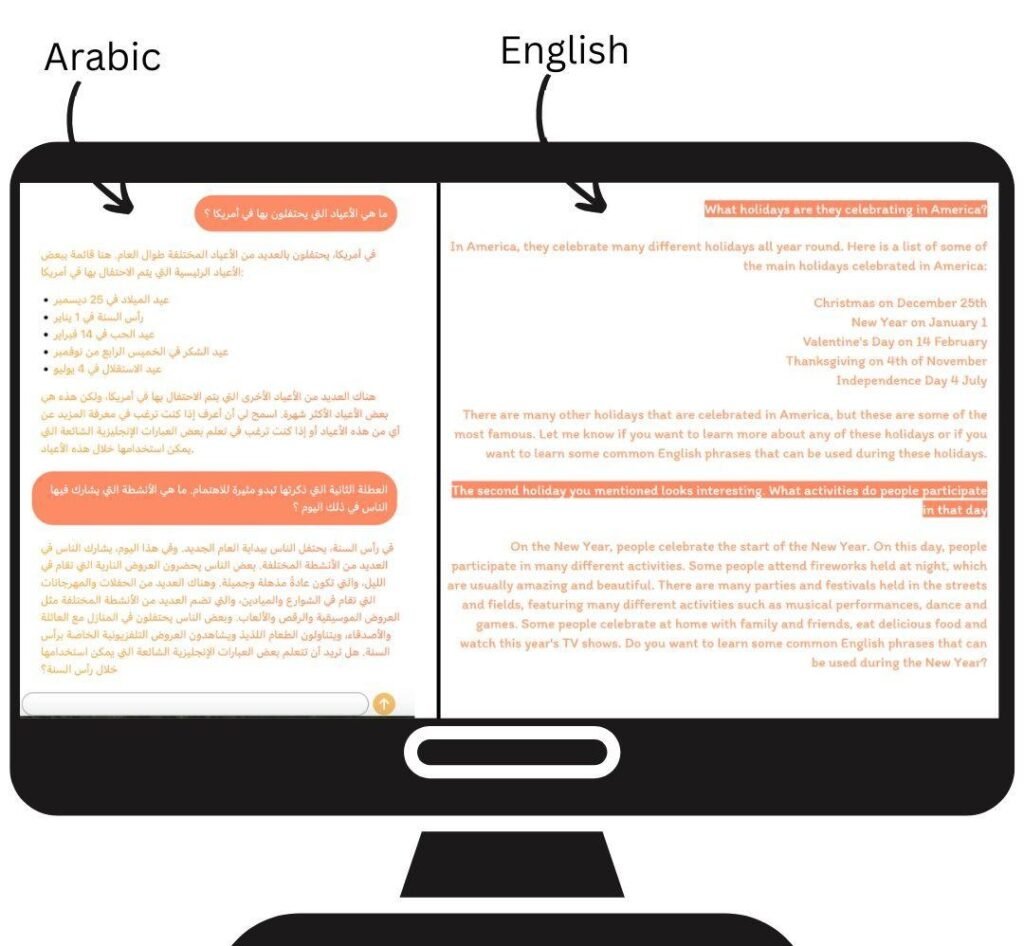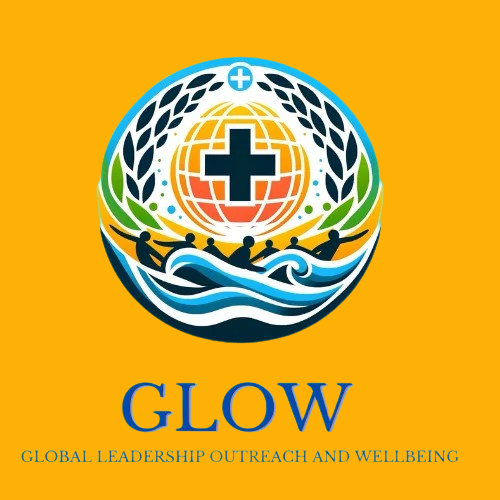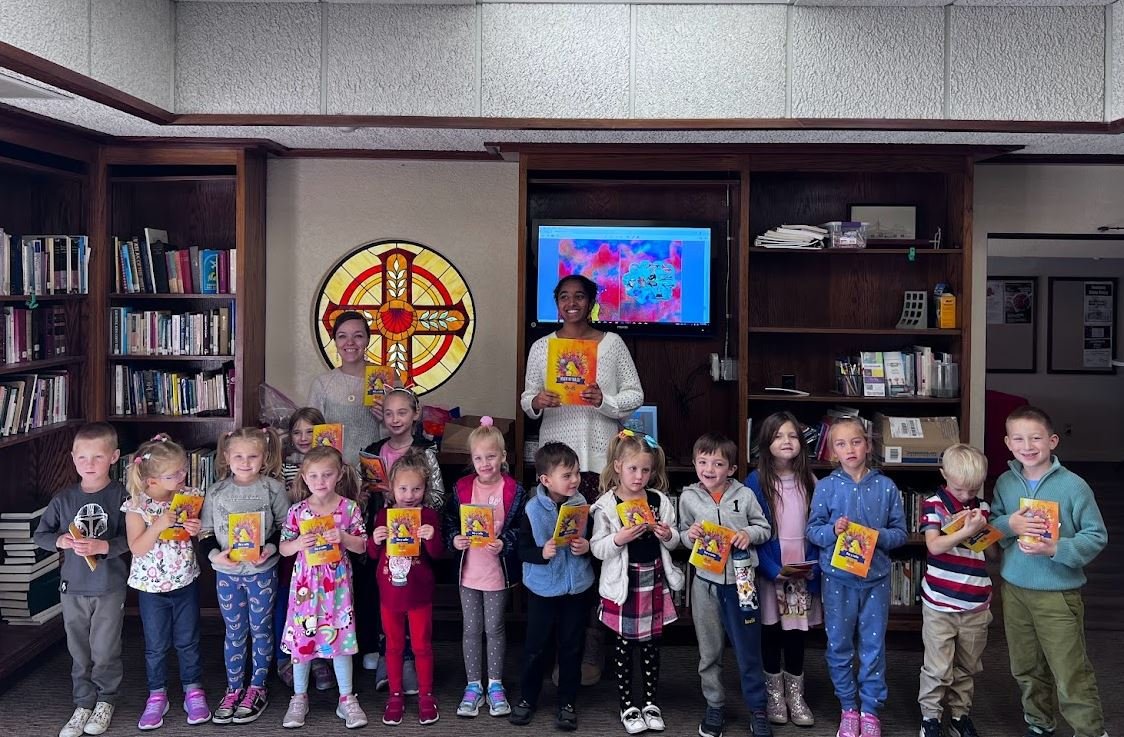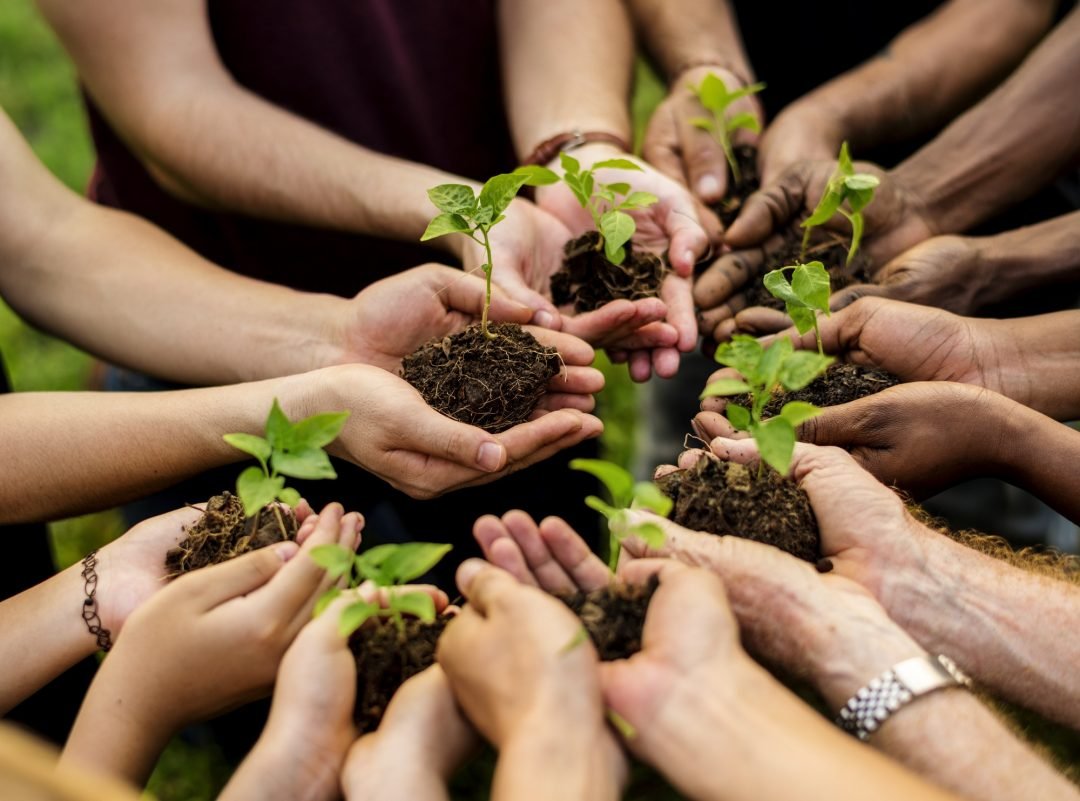Introduction
In an era where technology has the power to change lives, GLOW, a youth-led nonprofit, stands out for its dedication to using innovative solutions to address global challenges. Focused on issues such as health, food insecurity, and migration, GLOW’s latest project, the GLOW Refugee Chatbot, uses artificial intelligence to support refugees. Known as Sol.ai, this AI-driven chatbot is designed to help refugees navigate new environments, often without a complete understanding of the language or culture around them. By empowering refugees with practical knowledge, GLOW aims to make this transition easier, helping refugees rebuild their lives in the United States.
How AI Can Lend a Helping Hand
Refugee youth, arriving in new countries, face significant challenges—particularly around language barriers and the need to fit into a completely new culture. Not being able to communicate effectively can lead to isolation, hinder employment opportunities, and slow down the process of cultural integration.
This is where AI can make a difference. Technology can scale, offering the same assistance to thousands simultaneously and adapting to individual needs in real time. For many refugees, AI-powered tools like Sol.ai offer a lifeline, guiding them as they learn the language and customs of their new surroundings. By using AI, GLOW provides accessible and efficient support to refugees, ensuring that more people can be reached and helped at once.
What the GLOW Refugee Chatbot Does
Learning New Languages: For refugees, learning the language of their host country is vital for communication, confidence, and independence. Sol.ai is designed to make this process smoother by introducing language skills that aid in everyday tasks, from asking for directions to understanding school or workplace terminology. The chatbot helps users build a foundation in English, making their integration more seamless.
Cultural Integration: Beyond language, understanding local customs, norms, and practices is essential for feeling “at home” in a new country. Sol.ai educates users about American customs and cultural norms, helping them to navigate social situations and feel more connected to their communities. This cultural insight is invaluable in creating a sense of belonging and easing the transition for refugees.
Real-Life Examples
Use Case 1: Learning About Local Sports
Use Case 2: Learning About Local Foods
Use Case 3: Learning About Local School Subjects
Use Case 4: Learning About Local Holidays

Why AI Matters in Helping People
AI is more than just smart technology; it’s a tool that can provide resources to nonprofits, allowing them to scale their impact. Sol.ai is designed to be intuitive and responsive, making it accessible to users who may not be familiar with advanced technology. This ease of use is critical for building trust and enabling refugees to use the chatbot confidently, knowing it will provide consistent, reliable assistance.
By prioritizing the needs of refugees and designing Sol.ai to be as user-friendly as possible, GLOW is creating a supportive environment for individuals facing the complexities of adapting to a new life. This AI-based approach highlights how empathy can be integrated into technology, making it a powerful resource in addressing humanitarian needs.
The Future of the GLOW Chatbot
GLOW has ambitious plans to expand Sol.ai’s capabilities and reach. Future goals for Sol.ai include implementing text-to-speech features to assist refugees who may struggle with reading, as well as advanced prompt engineering to enhance the chatbot’s conversational abilities. The team hopes to reach 10,000 users, with an initial goal of 1,000 active users, demonstrating its commitment to making a positive impact on a larger scale.
GLOW’s mission doesn’t stop with the chatbot. As part of a broader vision to use AI for social good, GLOW envisions expanding its AI-driven solutions to help nonprofits scale their impact. Sol.ai is currently in its beta phase, but the team’s commitment to growth and innovation is clear. Acknowledging the invaluable guidance and support from mentors (Sid Thakur, Eoin Tolster, and George Xian) and partners like Microsoft, the GLOW team is grateful for the opportunity to build technology that supports those in need.
Conclusion
AI has incredible potential to create positive change, especially in the lives of refugees. Sol.ai stands as a testament to the transformative power of responsible, safe, and empathetic AI. As technology continues to evolve, GLOW encourages other organizations to explore how AI can be used to address complex social challenges and uplift vulnerable communities worldwide. Sol.ai is a valuable tool that guides nonprofits who are dedicated to supporting refugees to scale their impact. This AI-based approach allows nonprofits to expand their reach by providing the necessary technological resources to help refugees be better integrated into a new host country. By driving solutions that truly make a difference, GLOW exemplifies how youth-led initiatives can shape a more inclusive and supportive world.







